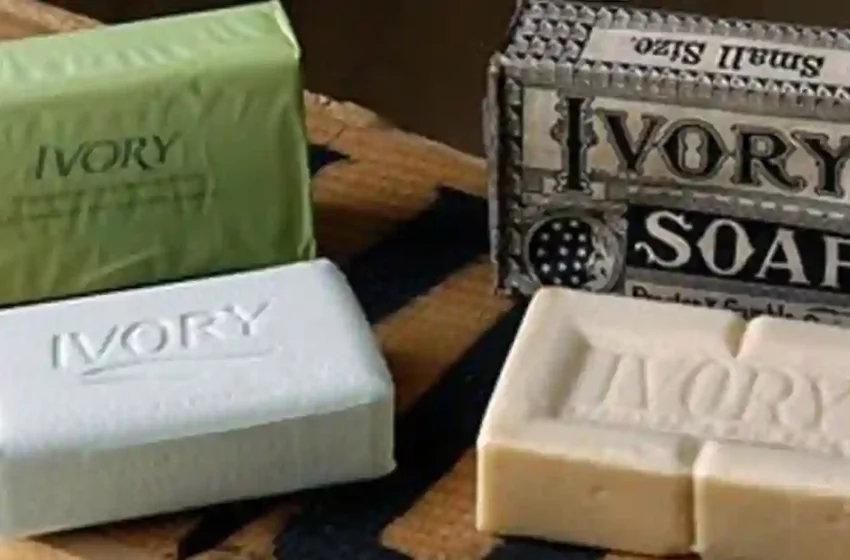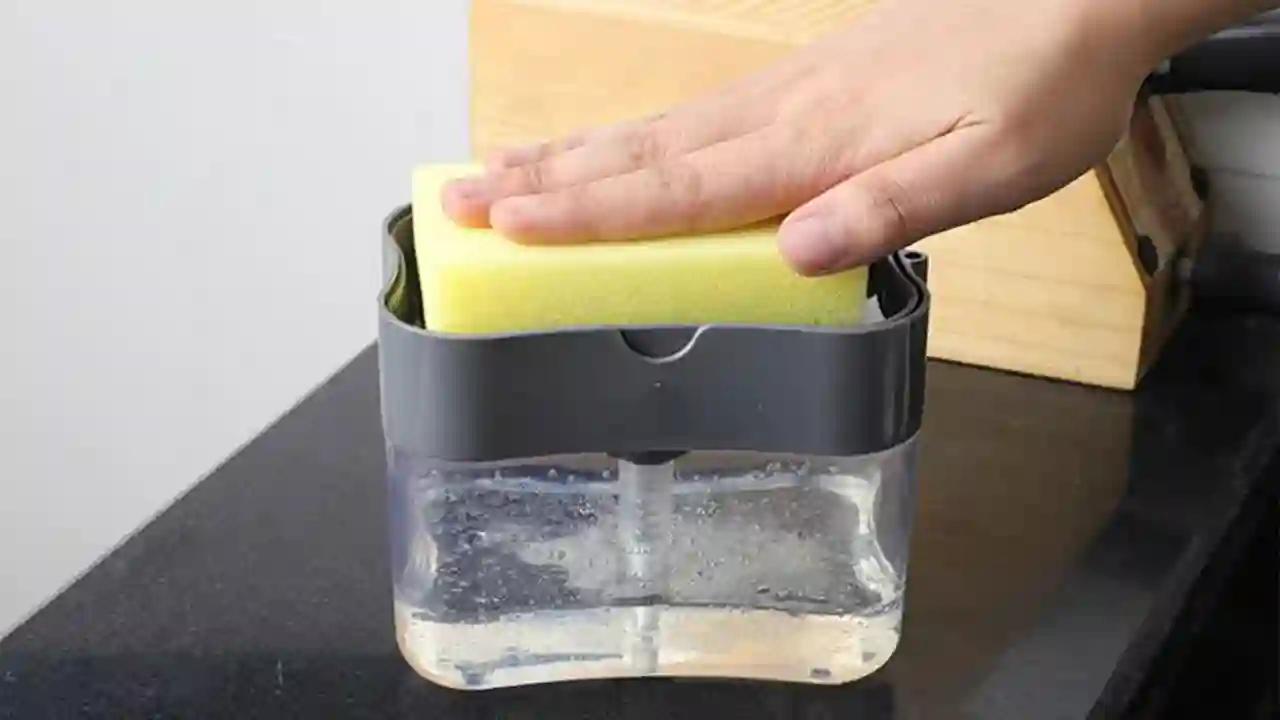
You Need To Know Side Effects Of K Brothers Soap
Using soap regularly can have harsh side effects on your skin. These side effects can include dry skin, damaged Vitamin D and damage to your immune system.
This is because many of these commercial products contain harsh ingredients that can harm your body. This is especially true of Sodium Lauryl Sulfate, one of the most harmful chemicals found in soaps and toothpastes.
1. Dry Skin
Dry skin, or xerosis, is when your skin doesn’t have enough water and oil. It can feel itchy, scaly or red. It’s a common condition that affects people of all ages.
Dryness can be caused by a number of things, including the weather, age and certain health conditions like psoriasis or eczema. It can also be hereditary.
A very common soap ingredient, sodium lauryl sulfate (SLS), disintegrates the natural oils that your skin needs to protect itself from drying out. This is a major reason that k brothers soap side effects can cause dry skin.
Using mild cleansers and avoiding harsh scrubbing can help prevent dry skin. Avoiding hot baths or showers is also a good idea for those with dry skin. Putting on moisturizers after each bath or shower can also help.
2. Damaged Vitamin D
In a world where germs are the stuff of nightmares, soap isn’t always the best disinfectant. It’s a fact that oversanitizing your body can actually harm it in the long run, especially for people with compromised immune systems or those who are immunocompromised themselves. In addition, soap can leave your skin feeling dry and itchy, rinsing away moisture that could be better used by the body’s own natural moisturizing mechanisms.
In short, k brothers soap side effects can be a major contributor to a host of health problems, from skin irritation and allergy to increased blood pressure, calcification of the arteries and rickets, oh my! Be aware of the dangers of your daily dose and stick to a no-frills regimen. Thankfully, there are products on the market that can safely and effectively hydrate your skin while leaving it feeling soft, smooth and refreshed. The best part? You don’t have to look any further than your own bathroom to find out!
3. Damaged Bacteria
Bacteria is the root cause of diseases like strep throat, pneumonia, tuberculosis, cholera and food poisoning. And it’s also responsible for a number of other unpleasant side effects like allergies and skin irritations.
Antibacterial soaps contain ingredients that kill bacteria. These chemicals — sometimes called antimicrobial or antiseptic soaps — are used to reduce bacterial infections in hospitals and clinics.
Soap works through the hydrophobic effect, a basic chemistry principle that causes oil and water to repel each other. When free-floating soap molecules touch bacteria and viruses, their hydrophobic tails pierce the lipid membranes of their cells, breaking them open and releasing essential proteins that kill the microbes and viruses inside.
But this damage to the bacteria isn’t all good news. It can lead to antibiotic-resistant bacteria. In some cases, the resistant bacteria will eventually outcompete other species of bacteria and create a virulent strain that can spread disease. This is a serious problem and one that scientists are trying to address.
4. Inflammation
Inflammation is the body’s response to injury, illness, or foreign substances. It involves a complex series of cell and signaling proteins that protect your body against infection, and help it heal itself.
Acute inflammation, such as from a cut or a scrape, often resolves itself within a few days with rest, ice and good wound care. Chronic inflammation, however, can lead to serious health problems.
Up Next
When the inflammatory process isn’t working properly, it can contribute to a range of conditions, including cancer and cardiovascular disease. It may also trigger autoimmune diseases.
Fortunately, there are several natural soaps that can be effective in treating inflammation. They are made with gentler ingredients than conventional soaps, and they usually don’t contain sulfates or harsh chemicals.

